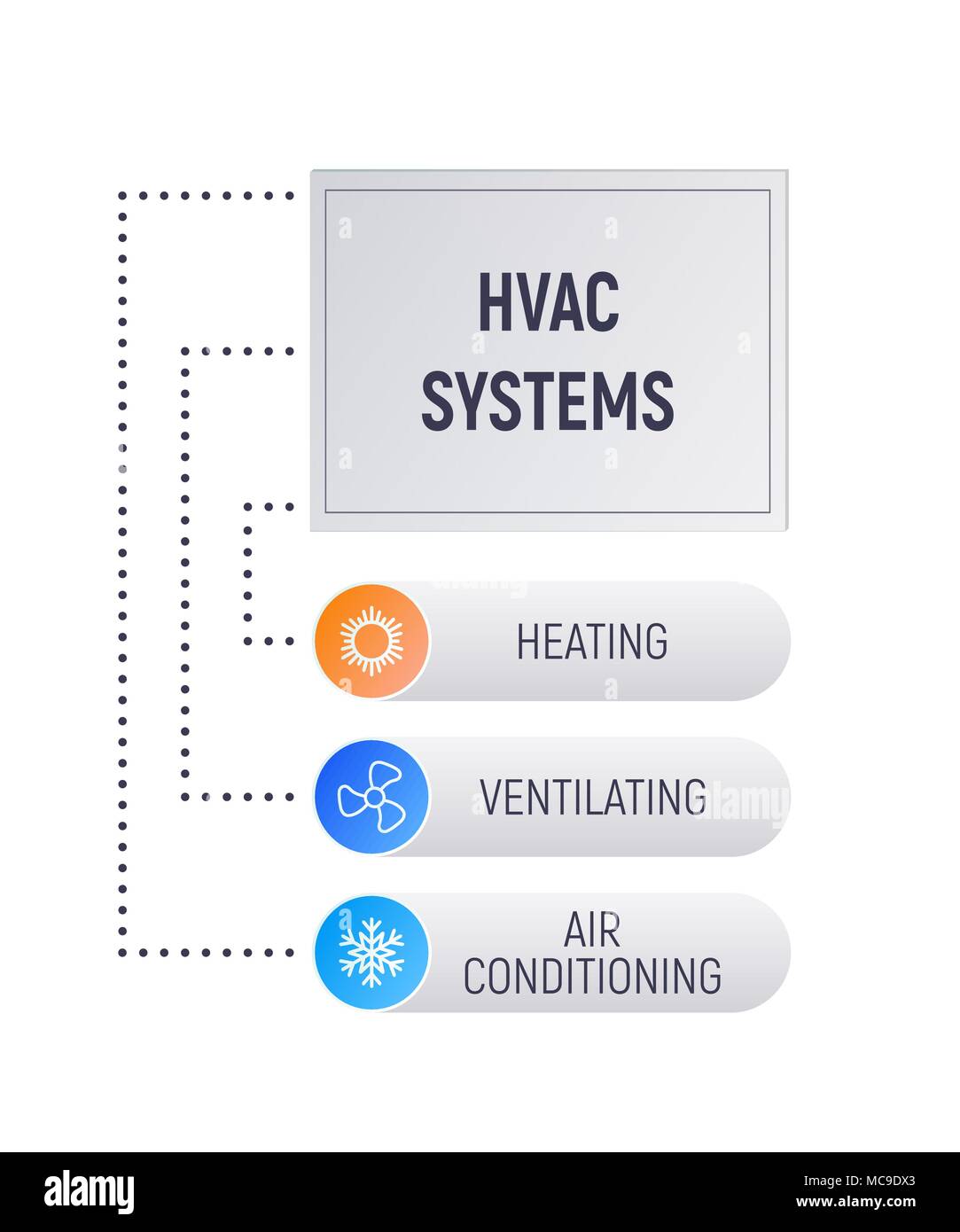The Future Of Home Home Heating - Exactly How Heat Pump Modern Technology Is Advancing
The Future Of Home Home Heating - Exactly How Heat Pump Modern Technology Is Advancing
Blog Article
Authored By-Fraser McCormick
Heat pumps will be an essential modern technology for decarbonising home heating. In a scenario constant with governments' revealed energy and climate commitments, their worldwide ability increases by 2030, while their share in home heating rises to one-quarter.
They work best in well-insulated homes and rely on power, which can be supplied from a sustainable power grid. Technical breakthroughs are making them much more efficient, smarter and more affordable.
Gas Cells
Heatpump utilize a compressor, refrigerant, coils and followers to relocate the air and warm in homes and appliances. They can be powered by solar power or power from the grid. They have actually been gaining popularity because of their inexpensive, silent procedure and the ability to produce electrical energy throughout peak power need.
https://www.consumerreports.org/portable-air-conditioners/best-portable-air-conditioners-from-consumer-reports-tests-a1447950198/ , like IdaTech and BG MicroGen, are dealing with gas cells for home heating. These microgenerators can change a gas boiler and generate several of a home's electric demands with a link to the electrical energy grid for the remainder.
Yet there are reasons to be skeptical of using hydrogen for home heating, Rosenow says. It would certainly be costly and inefficient compared to various other innovations, and it would certainly include in carbon discharges.
Smart and Connected Technologies
Smart home innovation permits home owners to connect and regulate their devices from another location with using mobile phone applications. As an example, wise thermostats can learn your heating preferences and immediately adapt to optimize energy usage. just click the up coming post can be controlled with voice commands and immediately shut off lights when you leave the space, minimizing power waste. And smart plugs can check and handle your electric use, permitting you to identify and limit energy-hungry home appliances.
The tech-savvy house depicted in Carina's interview is a great illustration of exactly how owners reconfigure area heating practices in the light of brand-new smart home technologies. They count on the devices' computerized functions to execute everyday modifications and regard them as a hassle-free means of performing their home heating techniques. Because of this, they see no factor to adjust their techniques better in order to enable flexibility in their home energy demand, and treatments targeting at doing so might face resistance from these households.
Electrical power
Because heating homes make up 13% of US exhausts, a switch to cleaner alternatives might make a big distinction. However the modern technology encounters challenges: It's pricey and requires substantial home renovations. And it's not always compatible with renewable resource resources, such as solar and wind.
Till lately, electric heat pumps were also expensive to take on gas versions in many markets. But brand-new developments in design and materials are making them more inexpensive. And much better chilly climate efficiency is enabling them to operate well also in subzero temperatures.
The following step in decarbonising heating might be using warm networks, which draw warmth from a main resource, such as a nearby river or sea inlet, and disperse it to a network of homes or buildings. That would certainly lower carbon discharges and permit homes to take advantage of renewable energy, such as green electrical power from a grid supplied by renewables. This alternative would be much less costly than changing to hydrogen, a fossil fuel that needs new framework and would only reduce carbon dioxide exhausts by 5 percent if paired with enhanced home insulation.
Renewable Energy
As electrical power prices drop, we're beginning to see the very same pattern in home heating that has actually driven electrical autos right into the mainstream-- however at an even quicker speed. The strong climate case for electrifying homes has actually been pushed additionally by brand-new research.
Renewables represent a significant share of modern heat consumption, yet have actually been provided limited policy focus internationally contrasted to other end-use fields-- and also less interest than power has. Partially, this mirrors a mix of customer inertia, divided motivations and, in several nations, subsidies for nonrenewable fuel sources.
New technologies might make the change simpler. For instance, heatpump can be made a lot more energy reliable by replacing old R-22 cooling agents with new ones that don't have the high GWPs of their precursors. Some professionals additionally picture district systems that draw warmth from a nearby river or sea inlet, like a Norwegian fjord. The cozy water can then be made use of for heating and cooling in a community.